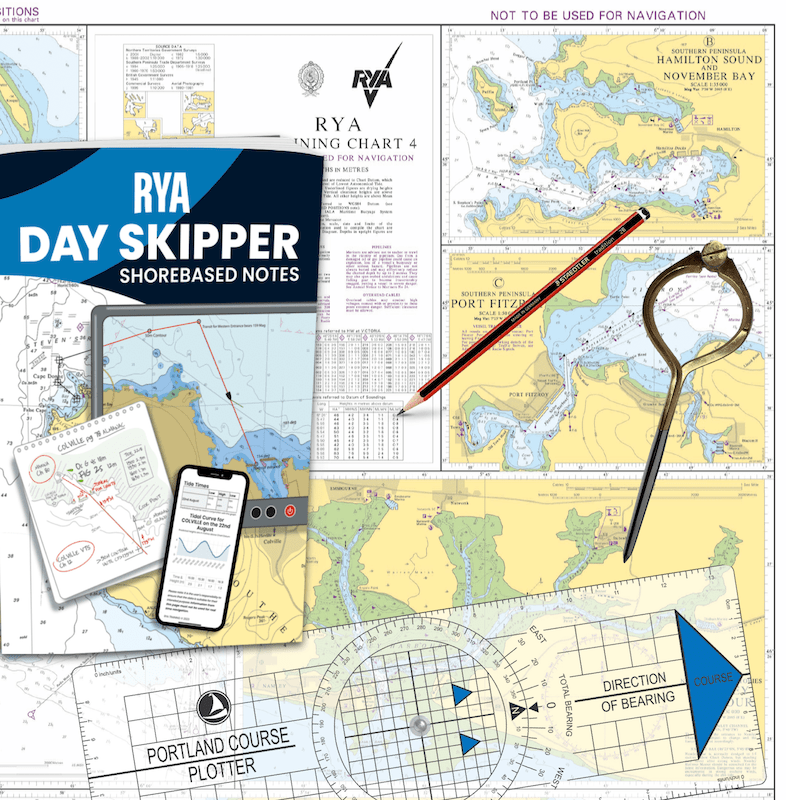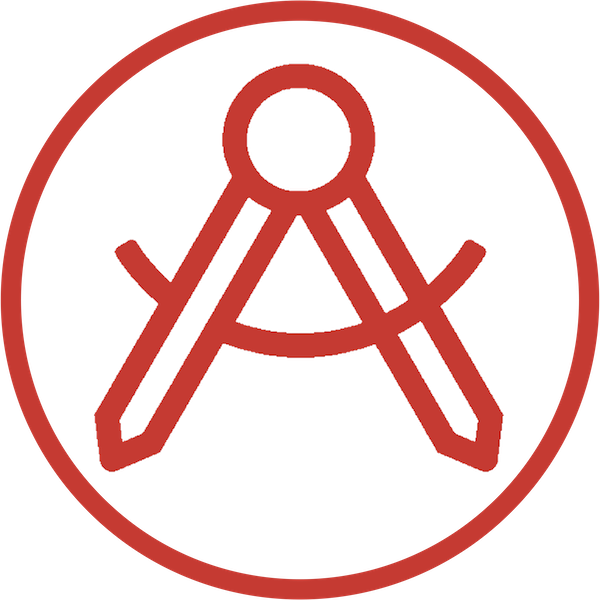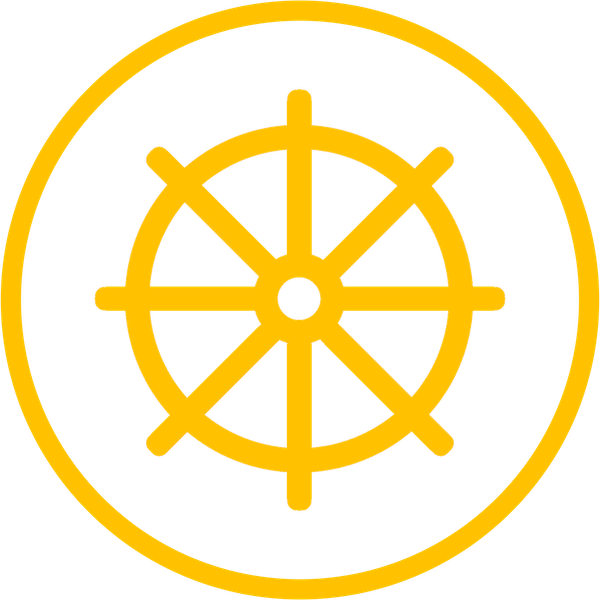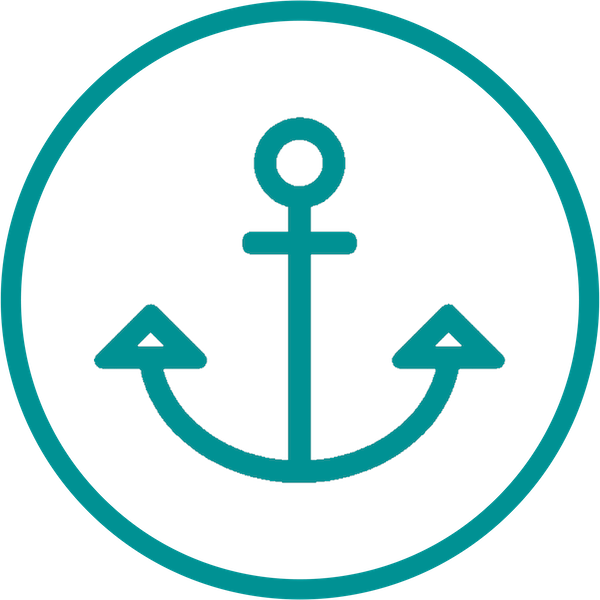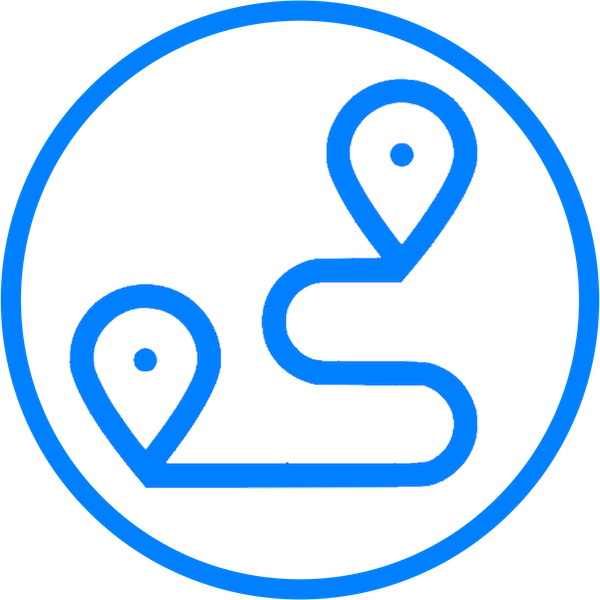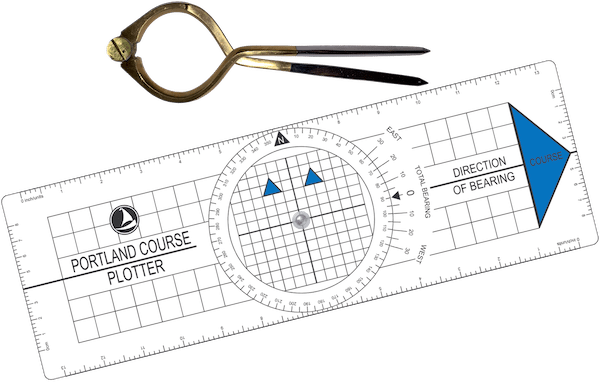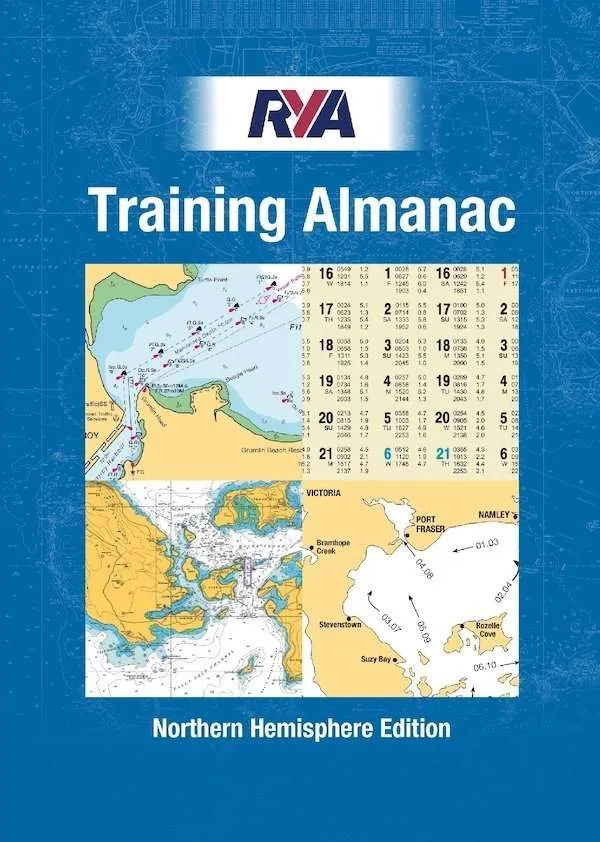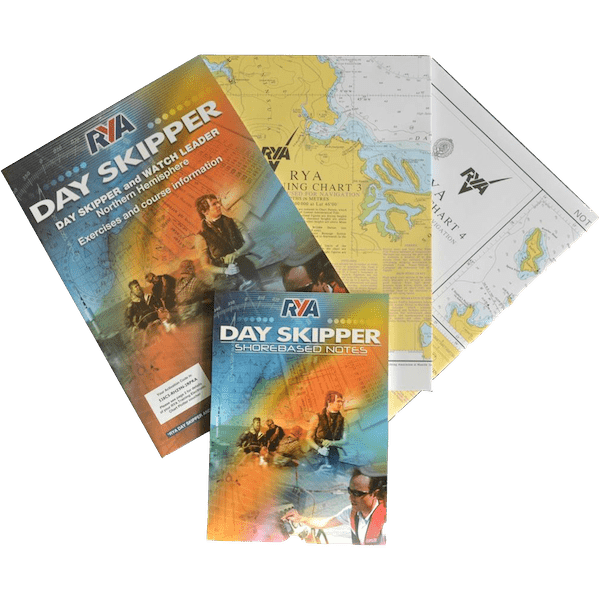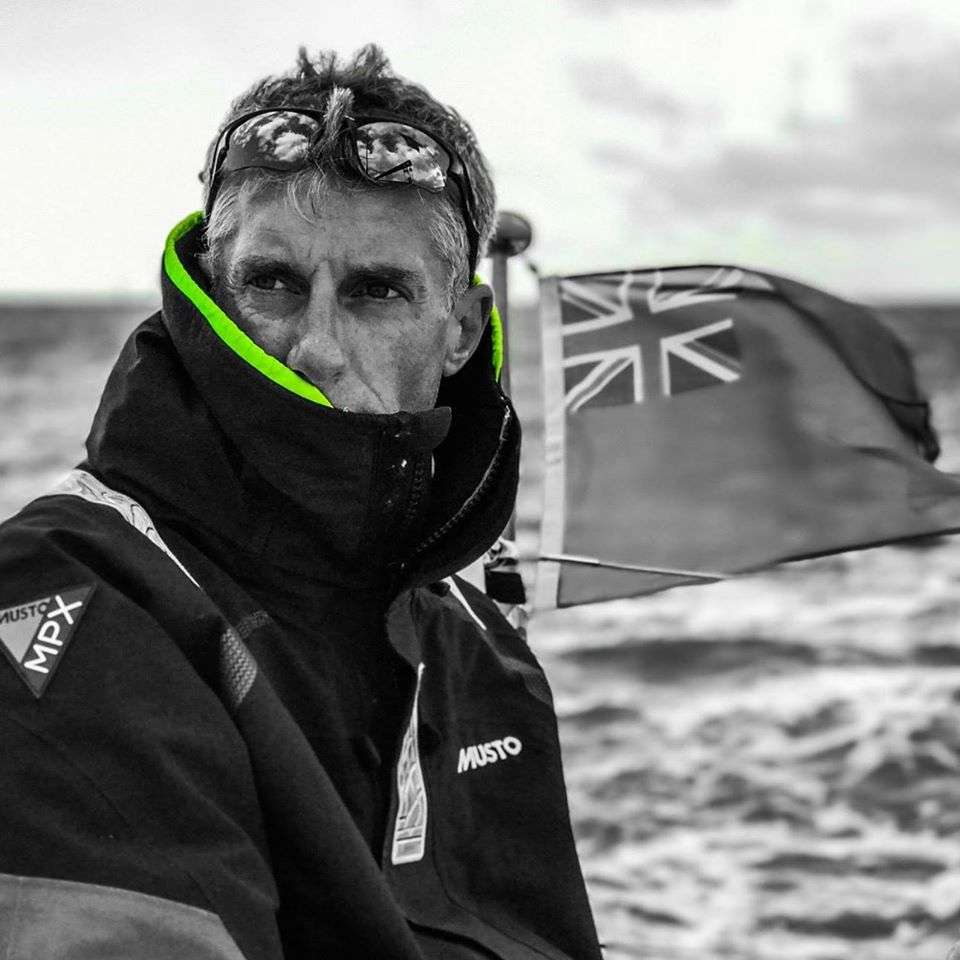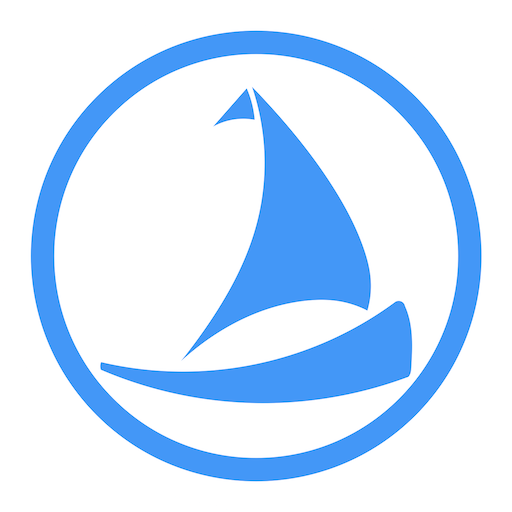Day Skipper (Additonal Enrollment)
£295.00
Each additional enrolment generates a product voucher redemption code. You can add a recipient’s name and email address to send the voucher directly to the individual or enter your email address and distribute the code yourself. The voucher code will be available in your Sail Locker after purchase.
RYA Day Skipper Theory is the online course that teaches you to plan safe day passages in UK coastal waters. In about 40 hours you cover charts, buoyage, pilotage, tidal heights and streams, weather, passage planning, and COLREGs. You practise with real examples, then sit two 90-minute papers to earn the RYA certificate. Take this course if you want to skipper your own boat, prepare for the Day Skipper Practical, or charter with confidence. Study at your pace with clear lessons and prompt tutor help.
Sign up for a Free Trial and learn more about how our content is constructed with you in mind.
Free trial: no strings attached, no obligations, no card details needed!
We believe our course is the best in the business, but don’t take our word for it; sign up for a free trial and see for yourself.
Register for a Free Trial
Just Some of the things our students love
The course is broken into modules designed to introduce and develop the skills & knowledge required. Each one contains bite-sized sessions allowing you to jump in and out of the module as and when time permits.
Tap on any module to find out more about its content, or to see the full course syllabus click here.
The RYA defines the Day Skipper / Watch leader syllabus. It includes a comprehensive introduction to chart work, navigation, meteorology and seamanship for those ready to take the next step in their skippering journey and start making decisions onboard.
The list below indicates the depth of knowledge required and the minimum time which is to be spent on each subject area.
A: Full knowledge
A depth of knowledge which is fundamental to safe navigation and good seamanship. The student will be able to apply the knowledge in a practical situation and also appreciates why the knowledge is so important.
B: Working knowledge
Understands what knowledge to apply, when and how to apply it for a particular undertaking. Recognises what their level of knowledge is relative to the given situation. The student is aware that their knowledge is broad but not necessarily deep.
C: Outline knowledge
An awareness of the subject area but only a superficial understanding of its application in practice. The student recognises that further knowledge of the topic will be required in some practical situations and knows enough to find appropriate sources of information for learning.
- Nautical terms (2hrs)
Parts of a boat and hull – B
General nautical terminology – B - Ropework (½hr)
Knowledge of the properties of synthetic rope – B - Anchorwork (1hr)
Characteristics of different types of anchor – B
Factors to take into account when anchoring – B - Safety (3hrs)
Knowledge of the safety equipment to be carried, its stowage and use (see G103 RYA Safety Handbook) – B
Fire precautions and firefighting – B
Use of personal safety equipment, harnesses and life jackets – B
Ability to send a distress signal by VHF radio – B
Basic knowledge of rescue procedures including helicopter rescue – B
Stability – C - International regulations for the prevention of collisions at sea (3hrs)
Steering & sailing rules (5, 7, 8, 9, 10 and 12 – 19) – A
General rules (all other rules) – B - Definition of position, course and speed (1hr)
Latitude and longitude – B
Knowledge of standard navigational terms – B
True bearings and courses – B
The knot – C - Navigational drawing instruments (1hr)
Information shown on charts, chart symbols and representation of direction and distance – B
Navigation publications in common use – C
Chart correction – C - Navigation drawing instruments (1hr)
Use of parallel rulers, dividers and propriety plotting instrument – B - Compass (2hrs)
Application of variation – B
Awareness of deviation – C
Use of hand-bearing compass – B - Chartwork and navigation (6½ hrs)
Dead reckoning and estimated position – B
Awareness of leeway – C
Techniques of visual fixing – B
Use of GNSS and chart plotters for position fixing – B
Use of waypoints to fix position – A
Course to steer – B - Tides and tidal streams (4hrs)
Tidal definitions, levels and datums – B
Tide tables – B
Use of Admiralty method of determining tidal height at standard port – B
Awareness of corrections for secondary ports – C
Use of tidal diamonds and tidal stream atlases – B - Visual aids to navigation (1hr)
Lighthouses and beacons, light characteristics – B - Meteorology (2hrs)
Sources of broadcasting meteorological information – B
Knowledge of terms used in shipping forecasts, including the Beaufort scale, and their significance to small craft – B
Basic knowledge of highs, lows and fronts – C - Passage planning (4hrs)
Preparation of navigation plan for short coastal passages – C
Meteorological considerations in planning a short coastal passage – C
Use of and visual confirmation of position by an independent source – B
Importance of confirmation of position by and independent source – A
Keeping a navigational record – A - Navigation in restricted visibility (1hr)
Precautions to be taking in, and limitations imposed by, fog – B - Pilotage (4hrs)
Use of transits, leading lines and clearing lines – B
IALA system of buoyage (Regions A & B) – B
Use of sailing directions – B
Pilotage plans and harbour entry – B - Marine environment (1hr)
Responsibility for avoiding pollution and protecting the marine environment – B
Our courses have been designed to work on any device, allowing you to study when and where you want. You will use charts and tools when working on some modules, so space to work will be required. Both tablets and desktop devices allow you to view the content full-screen, removing those pesky distractions and allowing you to focus on the session.
Mobile
Perfect for checking your progress or doing some revision on the move.
Tablet
Great for working on navigation modules alongside your charts and navigation tools.
Desktop
We’ve got you covered–Mac or PC–, beautifully.
Everything you need—and more—is included. From first lesson to final assessment, you’re fully equipped without hidden extras.
When you book, you get immediate, lifetime access to our content, plus a course pack dispatched the same day if ordered before 3pm. It includes everything you need to complete the lessons.
We’re confident you’ll love the course. For peace of mind, we offer a 14-day, no-questions-asked money-back guarantee.
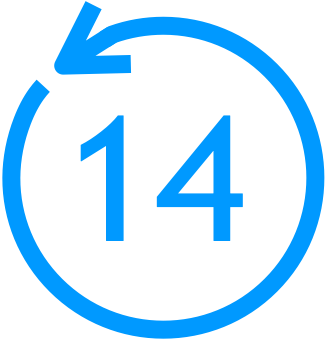
14-day money-back satisfaction guarantee
If you’re not completely satisfied with the course, return your course pack to us, and we’ll issue a no-questions-asked refund.
We support your whole journey — this course is one stage of reaching your destination. Whatever your motivation, we’ll help you get there.
Supporting downloads
Access 50+ supporting downloads to reinforce key topics and techniques.
Your course pack (dispatched the same day if ordered before 3pm) contains everything you need to complete the course.
Day Skipper theory course pack contents:

Order by 3pm for same-day dispatch
Orders received before 3pm UK time are dispatched the same day. If ordering from the UK, your course pack should arrive the following day.
We’re here to support you — during the course and beyond. Choose how you’d like to get help, and we’ll meet you there.
Course support
Instructor support is available 8am–8pm, 7 days a week, via your preferred channel — email, WhatsApp, Messenger, SMS or phone. Prefer a call? We’ll schedule one.
Everything is logged in your briefing room, so you can revisit answers, ask follow-ups, and keep all conversations in one place.
Once enrolled, you receive 12 months of instructor support. After 12 months, you keep full access to the content and can extend support if needed.
Everything is logged in your briefing room, so you can go back, ask for more details and track all your conversations with an instructor.
Once enrolled, you get 12 months of support from our instructors. You get a briefing room where you can ask questions. If you’d rather, you can schedule a call at your convenience or message us. Whatever channel you choose, everything is stored in your briefing room so you can refer back to the answers.
After twelve months, you will still have access to all the great content and can extend your instructor support should you need more time to complete the course.
Assessment debrief
After your assessment, you’ll receive a live debrief on Zoom. We’ll walk through your answers, share constructive feedback, and prepare you for the next step — typically Day Skipper Practical.
Post-course support
Beyond your briefing room, you’ll have access to our support groups and forums — a great place to meet like-minded learners.
We can also connect you with local RYA training centres and help organise your practical course.
